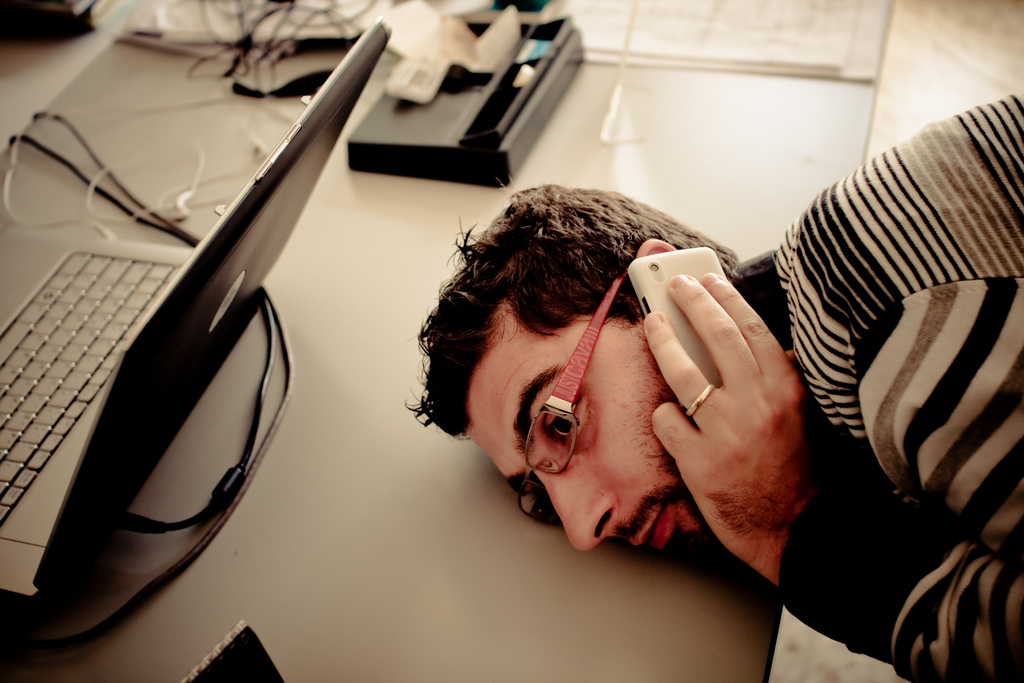
Coping with stress
Lifestyle & Opinion May 28, 2015By Briana Webb
Stress is something that has the potential to affect anyone and everyone that has lived, so it is vital that we understand what it is and why it is important to know how to rid ourselves of it. Stress is a state of mental or emotional strain due to situations we can or cannot control. It is the way our body responds to any kind of demand. Stress can be caused by a physical or an emotional change. It can range from minor hassles to major changes or even both. Many students across America deal with stress on an everyday basis. They are dealing with their course work load, jobs, children and most importantly, financial issues.
What is causing stress? Seventy five percent of Americans feel that the root of their stress comes from money, seventy percent from work, and sixty seven from the economy. Although stress is a normal part of life, not many know how to deal with it as it occurs. Only twenty nine percent of adults in America feel like they are doing an excellent or very good job at managing or reducing stress. Others choose unhealthy ways such as smoking, drinking, overeating or undereating, procrastinating, taking it out on others, and even becoming withdrawn. These are things we need to avoid. Four out of ten Americans say they overeat or eat unhealthy to manage stress, while one third skipped a meal in the last month because of stress. This information is important because dealing with stress negatively can affect our overall health.
Private family counselor Ms. Connie Mustipher says, “Stress is the main contributor to heart attacks and strokes and is very damaging to your physical and psychological health.” Stress can cause short term health effects like headaches, fatigue, and irritability. These are all things we see as minor health issues that will subside over a few days or even hours. While we may not be aware of the long term health conditions, stress can be the source of depression, high blood pressure, abnormal heartbeat, heart disease, fertility complications, and even skin problems. In order to save ourselves from these complications, we must find healthy outlets in order to relieve stress.
A great way to start on this journey is to identify the sources of stress in your life. Find out what the main source of your stressors are. Do you create your own stress? Do you blame your stress on other people? Ms. Mustipher talked about a great stress reliever activity that you can try at home. She explains, “It’s called the Bucket and Shovel activity. What you do is on small pieces of paper you write down things that are stressing you in your life at the moment. With the shovel you will remove one paper at a time reading what the stressor is and talk about ways to fix or cope with the problem – basically a self cleansing.” This is a great way to identify and pinpoint where the source of your stress is coming from.
You can also reduce your stress level by learning to think differently or handling situations with a different solution than you normally would. It may be good for you to start a journal or take up an interest that is care free or something you can do that takes your mind away from your problems. The top 10 ways to relieve stress are: listening to music, calling a friend, talking yourself through it, eating right, laughing it off, drinking tea, exercising, getting more sleep, and being mindful. You might be confused by the concept of being mindful; what this means is to have a somatic/meditative approach. Mindful exercises focus on incorporating the physical and mental.
There is really no way to avoid stress altogether, but there are ways to better handle it. Stress is not always negative; however, it can motivate you to make some changes in your life. When it becomes overwhelming and hard to deal with just remember you’re not the only who is going through something and that you can deal with your stress effectively and healthy.
Header photo by Starlit Beaches (flickr creative commons license)





